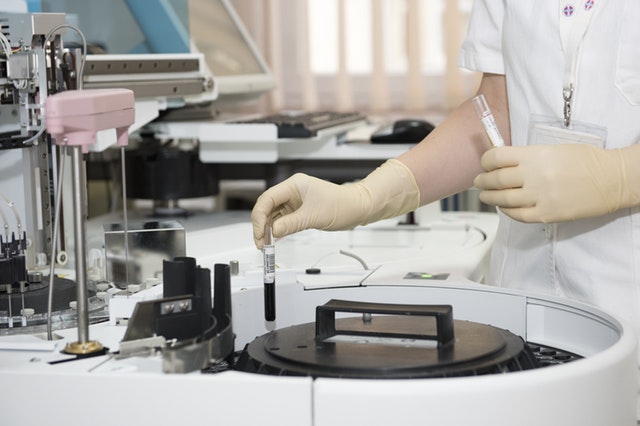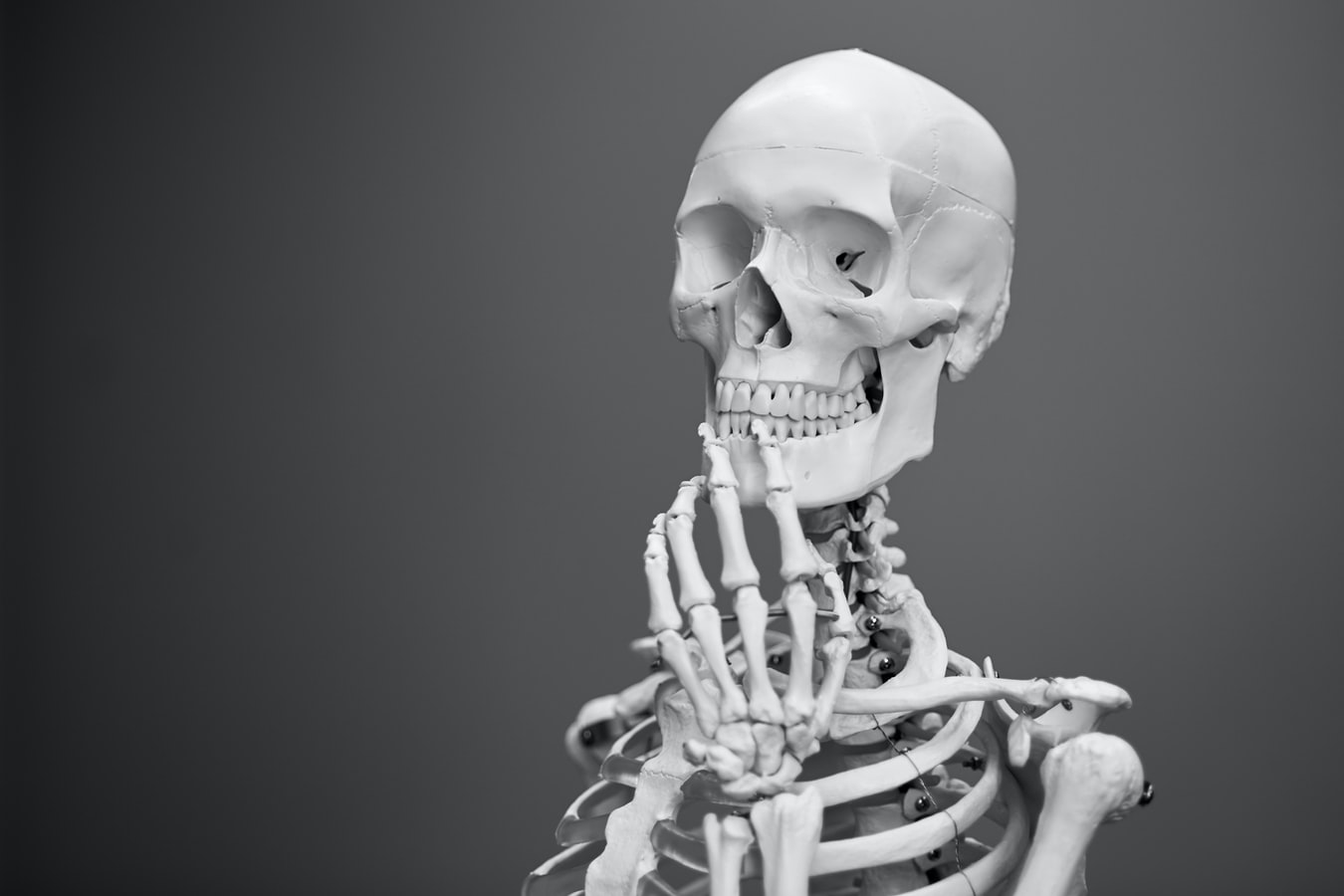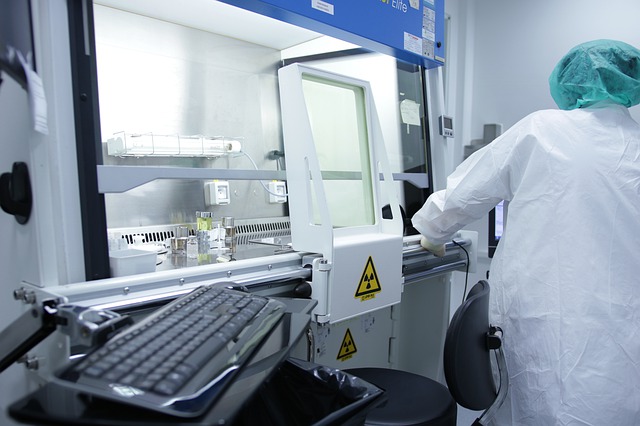Breakthrough Study Reveals Brain’s Role in Regulating Fentanyl Consumption
Explore a groundbreaking study that unveils the brain's potential to regulate fentanyl consumption, providing hope in the ongoing battle against opioid addiction.
The Impact of Water Exposure on Touch DNA Persistence
Explore the impact of water exposure on touch DNA persistence in this comprehensive article. Learn about the effects of substrate and water type, the advantages…
Exploring the Mysterious Phenomenon of Sudden Infant Death Syndrome
Discover the latest research findings on sudden infant death syndrome (SIDS) and understand the factors that contribute to this mysterious phenomenon. Explore the link between…
Exploring the Use of Household Dust in Forensic Investigations
Household dust is an attractive source of evidence as it accumulates on undisturbed surfaces and contains sufficient DNA for analysis. The researchers used SNPs genotyping…
Three New Biomarkers to detect OXIZID consumption.
They then narrowed down the selection to three metabolites that could serve as reference urinary biomarkers to detect OXIZID consumption. The metabolites were identified due…
Fentanyl has potential for leading to safer pain-relieving drug.
chemically linking fentanyl to the sodium pockets that exist within nerve cell receptors, they could block the drug’s harmful side effects and still reduce pain.
Can you estimate the age of a fingerprint?
Forensic dramas on TV make it seem easy to determine when fingerprints were left at the scene of a crime. In reality, the oils in…
Study: Violent sexual predators use dating apps to target vulnerable victims
In the first large-scale study of the relationship between dating apps and sexual assault, researchers find violent sexual predators use dating apps to target vulnerable…
Fentanyl Vaccine Breakthrough – Potential “Game Changer” for Opioid Epidemic
A new vaccine has been developed that targets the dangerous synthetic opioid fentanyl that could block its ability to enter the brain, thus eliminating the…
Automatic speaker recognition technology outperforms human listeners in the courtroom
Researchers have compared speaker identification by listeners (like judges or jury members) with the output of a forensic-voice-comparison system.
Can pets help in Crime Solving?
For the first time, Flinders University forensic science researchers have examined the presence and transfer of human DNA on pets such as cats and dogs.
New research gives the potential for more accurate methamphetamine detection.
The research - conducted with The Institute of Environmental Science and Research (ESR), New Zealand - analyses the retention of methamphetamine residues on different surfaces.
Can Postmortem CT Scans Effectively Replace Full Autopsies?
Study examines the impact of CT scans on workflow and tallies the cost savings of postmortem CT in lieu of full autopsy.
The frontal sinus forms unique structures for every individual: Anthropologists
Researchers have found the development of the frontal sinus was affected more by sexual dimorphism than the ancestry of the individual and that it was…
The Coming Wave of Opioid Overdoses: Worse Than Ever
Overdoses in rural and urban areas will spike, finds new study that gives geographic breakdown
New Sensor Uses Breath for Biometric Identification
Researchers have developed an artificial 'nose' that can identify individuals from their breath. Built with a 16-channel sensor array that can detect different compounds found…
The first complete, gapless sequence of a human genome
Scientists have published the first complete, gapless sequence of a human genome, two decades after the Human Genome Project produced the first draft human genome…
Forensic scientists improve touch DNA collection methods
Skin cells and their DNA varies between individuals, but new data shows that some groups of people have higher variability in their cell deposits. The…
Blow Flies as Chemical Sensors for Detecting Chemical Warfare Agents
Blow flies could serve as an innovative tool in detecting chemical warfare agents and other dangerous substances in hazardous areas. Learn how these insects can…
Predicting Facial Appearance From DNA Is Harder Than First Thought
Direct-to-consumer genetic testing has enabled millions of individuals to determine their ancestry and gain insights about their genetic pre-disposition to inherited diseases. While individual genotyping…
























